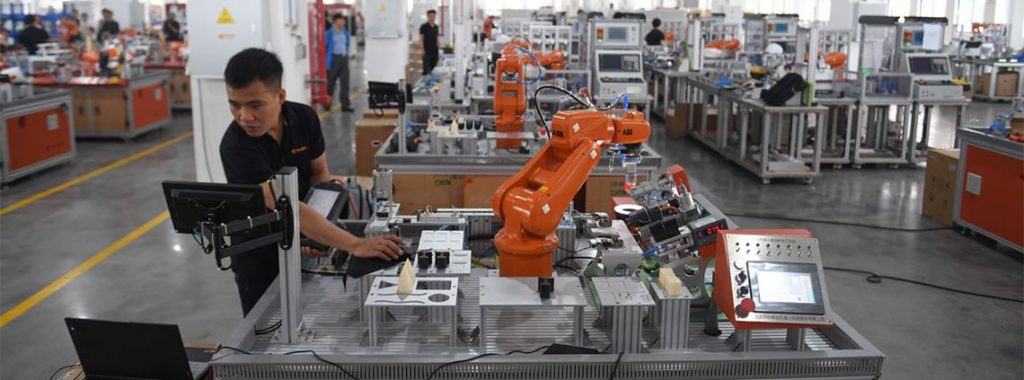Why the push for net zero will strengthen Asian economies

Asia is likely to grow rather than shrink in importance for international businesses despite the pandemic leading to talk of reshoring supply chains, according to McKinsey.
Factors such as rising raw materials prices and the need to adopt green technologies are forcing CEOs to adopt radical new approaches in business operations to rapidly scale growth.
And Asia will be a proving ground for these approaches, wrote Svenja Coeckelberghs, practice manager in McKinsey’s Melbourne office, partner Denise Lee and senior partners Robert Mathis and Joseph Tesvic in an article for McKinsey.
Asia’s economies will continue to drive global growth, given that investment in the region has tripled over the past 10 years. By 2040, the region will account for more than 50% of global GDP.
Its importance in areas like semiconductors and renewable-energy technologies, as well as electronics-manufacturing services, means it will continue to play a major role in supply chains.
Supply chain disruptions cost the average organisation almost half of a year’s profits over the course of a decade. The authors said eliminating greenhouse gas emissions will be a major strategy as firms streamline supply chains.
Spending in this area will account for much of an additional $130tn in global expenditure on capital assets by 2030.
Covid-19 has forced countries such as China, Japan, and India – already leading producers of green technologies – to move towards rapid digitalisation, giving added supply chain transparency.
New approaches driven by data and analytics are helping companies in the region control how inflationary pressures affect supply prices.
The authors cited how one Indian manufacturer of air-conditioning equipment used product teardowns and AI-enabled cleansheet cost modelling to learn that a supplier was overstating how raw material price rises were impacting their costs.
This led to them being able to negotiate a discount of nearly 3% when the supplier had asked for a price rise of around 5%.
“Apple wants companies in its upstream supply chain, which is concentrated in Asia, to achieve carbon neutrality by 2030,” the authors said.
“The steps needed to achieve that goal – including a switch to renewable energy, significant waste reduction and greater use of recycled materials – will also reduce the supply chain’s exposure to energy and material price volatility.”
However the authors said while Asia offers strategic opportunities, it also presents operational complexities due to significant inequalities in income, education and access to healthcare.
But the article concluded: “For forward-thinking CEOs, Asia could be the proving ground for new business practices that can offer solutions to the major challenges of the next decade and beyond.”

